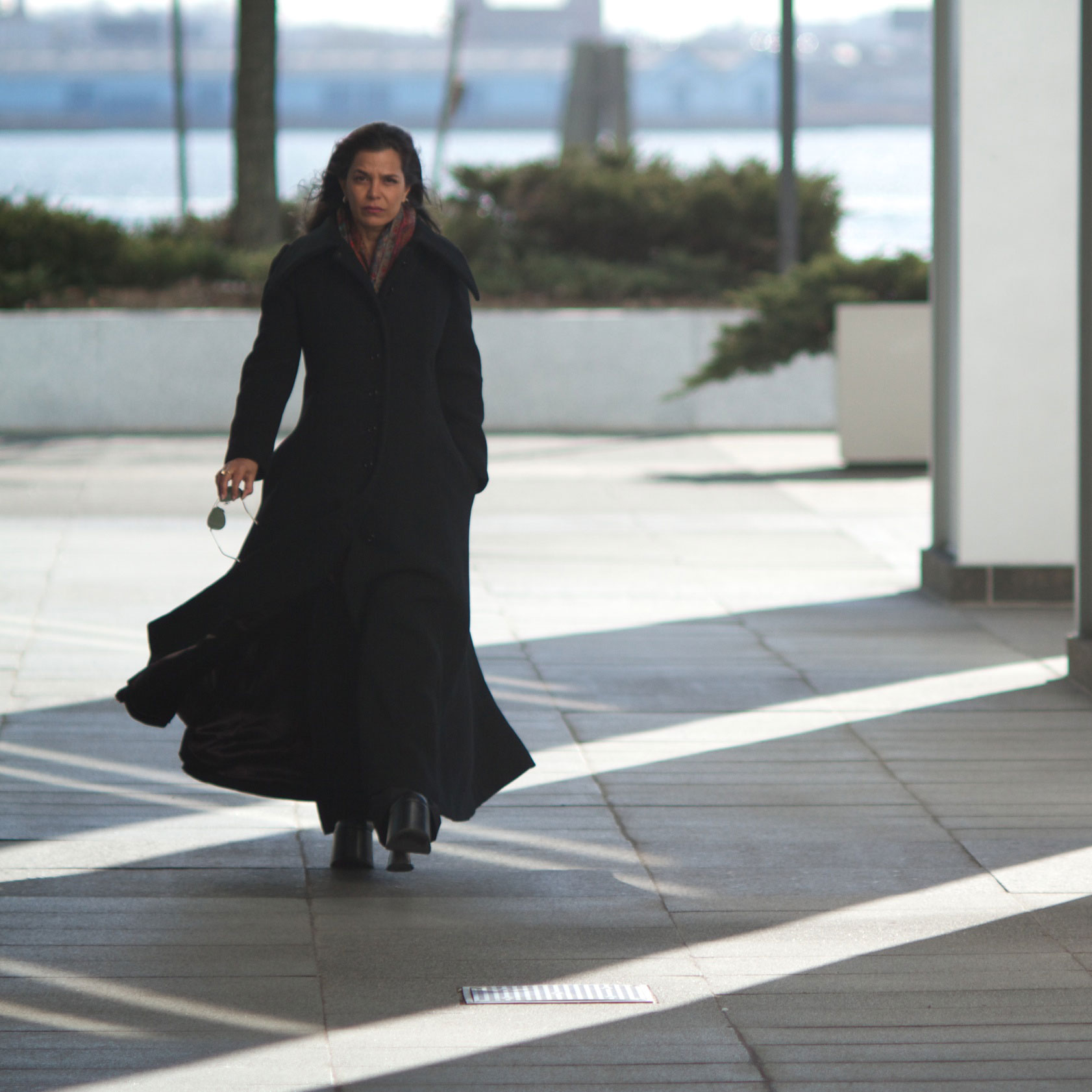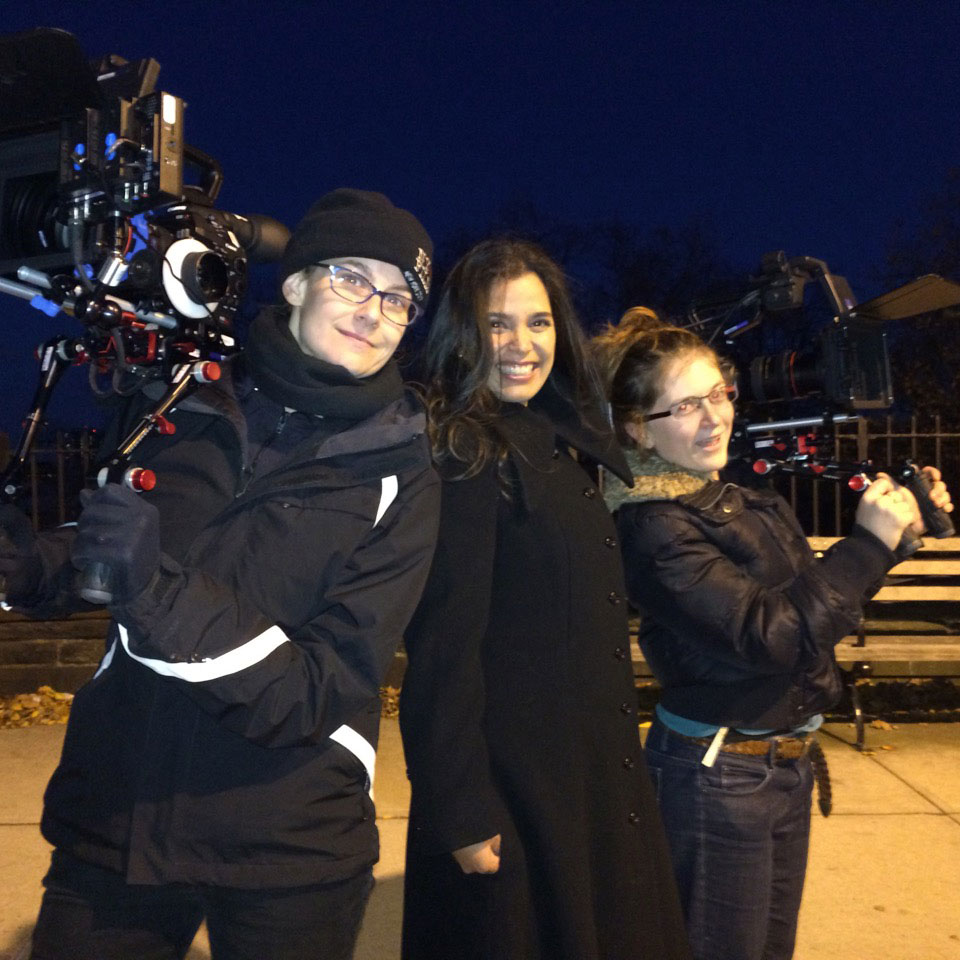Several years ago I discovered, in researching my film A Single Woman about the life of Montana Congresswoman Jeannette Rankin, that women and men still do not have equal rights under federal law in the United States.
How could this be? It seemed like a monumental oversight that this wasn’t front and center in our classrooms and civic life! And if this came as such a surprise to me, how many other people were also ignorant on the subject? What were the ramifications of the lack of legal bedrock underpinning American women’s place in our society due to the failure of our Constitution to include them?
Most of the young women I spoke to believe that society views them as completely equal to their male counterparts. They assume they can “be, do and have” whatever they can achieve based on their individual merits. Unfortunately, as I discovered, the reality is quite different.
Over the course of the past seven years, I have taken a look at the top dozen issues affecting women and done an analysis of whether the laws that are presently in place are working or not to provide women with equal legal protections to men.
The subject and the real-world implications compelled us to be extremely comprehensive in our investigations and not skip steps or cut any corners. From the gender wage gap to sexual assault, from pregnancy discrimination to child sex trafficking, I found laws that are incomplete, insufficient and in some cases actually deleterious to the women they are supposed to be helping.
What are noticeably and shockingly absent are the basic explicit human and civil rights protections that men are afforded by the Constitution. In case after case, the Supreme Court demurs on protecting women because they have no explicit Constitutional right to which to point. And despite our reliance on the equal protection clause of the 14th Amendment, Supreme Court Justice Antonin Scalia candidly shared his opinion that, “The Constitution does not protect women from sexual discrimination. No one ever thought that’s what it meant. No one ever voted for that.”
The more I spoke to women, the more convinced I am that there is no woman untouched in the matter of gender discrimination – regardless of her social status or any other distinctions we may designate. The question becomes why is there so much of it hidden in plain sight and why don’t we recognize it? Why do we accept it?
Clearly, there is a very effective propaganda campaign in the popular culture designed to convince us that women and men enjoy the same human and civil rights. Studies show that 72% of Americans are completely invested in the false belief that the genders are explicitly equal under the U.S. Constitution. My conclusion, after six years and more than 100 interviews and thousands of hours of research is that this blind spot opens the door to a lot of unconscious and conscious bias as well as disguising deliberate exploitation.
In EQUAL MEANS EQUAL I discovered that despite appearances, we’re all connected. It is a super personal film and one that I want to connect with people on both an intellectual and emotional level. My hope is that the film will reach far and wide across the country and begin to educate the public on what I believe is the greatest civil and human rights violation of our time. And that once informed, the people, in particular, the younger generations who have been shockingly kept ignorant to their own direct economic detriment, will not put up with it. I believe the youth will use their collective energy and will to force a change to happen and make our country do the right thing. The climate is right and ripe for full equality for women today.
Ratifying the ERA would put American women’s civil and human rights on a solid immovable foundation, impervious to the winds of political change. EQUAL MEANS EQUAL makes the strong argument that full legal equality for women is a solution that has the potential to truly transform the United States and the world.


